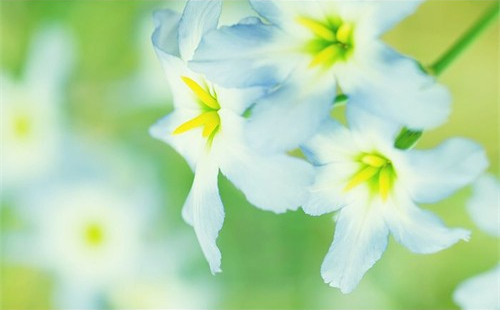Writing 'About' (Part II)

Part II
I was introduced to the term "Tibetan refugee" at a young age, as the poet Tenzin Tsundue was. I understood the word to signal a feature of a sentient being, so I thought my classmates were Indian "refugees." The word "refugee," announced and used in English, signified fixed images of despair, displacement, and death. It did not contain the swirling and de-centered world, where every day– despite the losses deeply embedded within its structure–resorted to occasional adjustments and "situations."
One such adjustment was language. I learned English via Hindi. English alluded to unfamiliar concepts and objects that were unnamed in Tibetan. I memorized words before discovering what they meant. Often, this process took many years. I was suspicious of English and skeptical of the world it simultaneously denied and opened to me. It was presented as the language for scholarship, future employment, and independence. It placed Tibetan into jeopardy as an irrelevant language, or a language agile only in retrieving the past. Perhaps strife and the recent national tragedy cast a somber framework upon the Tibetan present to limit its view to, at best, an unpredictable future. The lessons at home attempted to explain history and consequence through philosophy: life is impermanent; life is change; life is suffering.
English bedazzled with rhymes and knotty phrases in nursery rhymes and fairy tales. And because the realities of a daffodil or a hot-cross bun never unfolded in the way I imagined them to, I began to write about what they might yet be for me. I relied on rhymes and fancy to build a boat named Daffodil that ferried my mother and me beyond the existence in exile. In this manner, I encountered poetry. Poetry received my fear that a thing did not quite fit its own concept. It allowed objects to stray from their being.
When I state today that poetry is the present, I also mean it keeps a deep memory. A memory that looks inward for repetition and return. A memory that also demands that questions seeking to know if I am a Tibetan poet should learn to rebound with enquiries into the language, time, and place of the one asking the questions.
The position of "place" in writing occupies a precarious position in attempting to articulate self by displacing the notion of an identifiable or static position. Perhaps a Tibetan poet and a Tibetan thing must be forgotten as soon as it is mentioned. Not as a way of negating a presence but rather to indicate the limitations imposed by the desire for one or two definitions.
[Read Part I of this series here.]
Poet Tsering Wangmo Dhompa’s parents fled Tibet in 1959. Raised by her mother in Tibetan communities...
Read Full Biography

